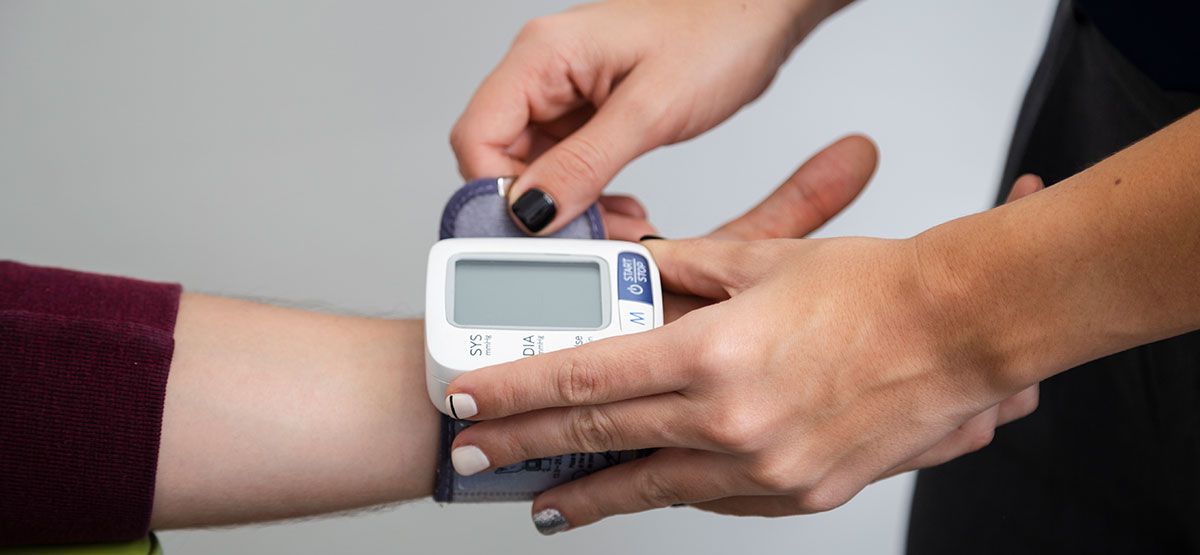
Importance of Product License Tracking for Consumer Health
Product license tracking is a critical component in safeguarding consumer health and ensuring regulatory compliance within the consumer health industry. This practice involves monitoring and managing the licenses, permits, and certifications required for various consumer health products, from over-the-counter medications to dietary supplements and medical devices.
The importance of product license tracking cannot be overstated, as it directly impacts public safety, regulatory compliance, and brand reputation. Here’s why it’s essential:
1. Ensuring Product Safety
Product license tracking helps maintain the safety standards of consumer health products. By closely monitoring licenses and certifications, companies can ensure that their products meet the required quality and safety benchmarks. This process helps prevent the distribution of potentially harmful or ineffective products to consumers.
For instance, in the pharmaceutical industry, tracking drug licenses ensures that medications have undergone proper testing and approval processes before reaching the market. This safeguards consumers from potentially dangerous or ineffective treatments.
2. Maintaining Regulatory Compliance
The consumer health industry is heavily regulated, with stringent requirements set by agencies such as the FDA in the United States and similar bodies worldwide. Product license tracking helps companies stay compliant with these regulations by:
- Ensuring all necessary licenses and permits are up-to-date
- Monitoring changes in regulatory requirements
- Facilitating timely renewals of licenses and certifications
Failure to comply with regulations can result in severe penalties, product recalls, and damage to a company’s reputation. Effective license tracking mitigates these risks by providing a systematic approach to managing regulatory obligations.
3. Enhancing Supply Chain Transparency
Product license tracking contributes to greater transparency throughout the supply chain. It allows companies to verify the legitimacy of their suppliers and ensure that all components and ingredients used in their products are properly licensed and certified.
This transparency is particularly crucial in industries like nutraceuticals and dietary supplements, where the sourcing of ingredients can significantly impact product safety and efficacy. By tracking licenses along the supply chain, companies can better guarantee the quality and authenticity of their products.
4. Facilitating Rapid Response to Issues
In the event of a product safety concern or recall, efficient license tracking systems enable companies to respond quickly and effectively. These systems provide immediate access to crucial information such as:
- Product formulations and ingredients
- Manufacturing locations and dates
- Distribution channels and batch numbers
This data allows for swift identification of affected products and efficient execution of recall procedures, minimizing potential harm to consumers and reducing the financial impact on the company.
5. Building Consumer Trust
Consumers are increasingly concerned about the safety and efficacy of health products. By implementing robust product license tracking systems, companies demonstrate their commitment to quality and safety. This transparency can significantly enhance consumer trust and brand loyalty.
When consumers know that a company diligently tracks and manages its product licenses, they are more likely to feel confident in the safety and effectiveness of its offerings. This trust can translate into increased market share and customer retention.
6. Supporting Innovation and Market Expansion
Effective product license tracking can actually support innovation in the consumer health industry. By maintaining a clear overview of current licenses and certifications, companies can:
- Identify opportunities for new product development
- Streamline the process of obtaining licenses for new products
- Expand into new markets more efficiently by understanding regional licensing requirements
This proactive approach to license management can give companies a competitive edge in bringing new, innovative products to market while ensuring compliance with regulatory standards.
7. Mitigating Legal Risks
The consumer health industry is prone to legal challenges, particularly in cases of product liability. Robust product license tracking serves as a crucial line of defense against such legal risks. By maintaining comprehensive records of licenses, certifications, and compliance efforts, companies can:
- Demonstrate due diligence in ensuring product safety
- Provide evidence of regulatory compliance in case of legal disputes
- Quickly address any compliance-related concerns raised by regulatory bodies or consumers
This documentation can be invaluable in protecting a company’s interests and reputation in the event of legal scrutiny.
8. Optimizing Resource Allocation
Implementing an efficient product license tracking system can lead to significant operational efficiencies. By automating and centralizing license management, companies can:
- Reduce the risk of oversight or human error in tracking license expirations
- Allocate resources more effectively by anticipating licensing needs
- Streamline auditing processes, saving time and reducing disruption to operations
These efficiencies not only contribute to cost savings but also allow companies to focus more resources on product development and quality assurance.
Conclusion
Product license tracking is not just a regulatory requirement; it’s a fundamental practice that underpins the safety, quality, and integrity of consumer health products. By investing in robust license tracking systems and processes, companies in the consumer health industry can protect public health, ensure regulatory compliance, build consumer trust, and drive business growth.
As the consumer health landscape continues to evolve, with new products and technologies emerging, the importance of effective product license tracking will only increase. Companies that prioritize this aspect of their operations will be better positioned to navigate regulatory challenges, maintain consumer confidence, and thrive in an increasingly competitive market.
Ultimately, product license tracking serves as a critical link between regulatory compliance and consumer safety, ensuring that the products we rely on for our health and well-being meet the highest standards of quality and efficacy.
Explore Topics
- Clinical Automation (8)
- Consumer Health (1)
- IRT & Clinical Supplies (16)
- Labeling (14)
- Regulations (13)
- Regulatory Automation (12)
- Regulatory Biopharma (1)
- Regulatory Content Management (5)
- Regulatory Information Management (10)
- UDI (9)
- Writing (8)
Recent Blogs
 Top Features to Look for in a …Regulatory Content Management
Top Features to Look for in a …Regulatory Content Management The Role of Content Management…Regulatory Content Management
The Role of Content Management…Regulatory Content Management How Regulatory Document Manage…Regulatory Content Management
How Regulatory Document Manage…Regulatory Content Management
Previous Post
Next Post
Related Posts

